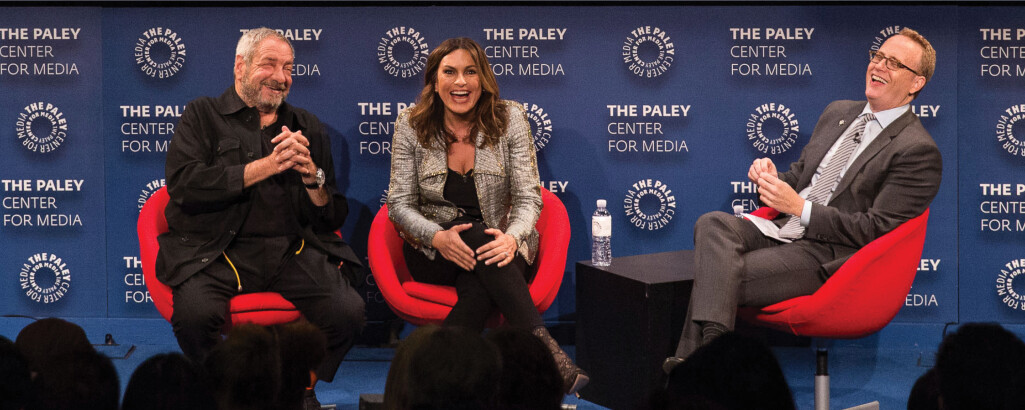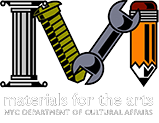Paley Education@Home
Television and streaming services that are readily and broadly available in many homes can be powerful catalysts for learning. However, there are many questions about what media to choose, and how to use this content for enrichment and inspiration. Through our What We’re Watching newsletter and online classes below, the Paley Center Education Department provides tips and media literacy strategies to help parents and teachers incorporate digital content as part of the learning experience at home.

Paley Online Classes
Explore these rich, full online classes, with complete thematic descriptions, clips from the Paley Archive, pre- and post-viewing questions, associated vocabulary, further online resources, and more.
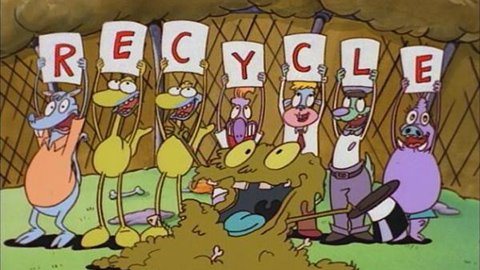
Think Green
As students watch a selection of short programs about the environment, they will be asked to think about ways to nurture and protect the world that surrounds them.
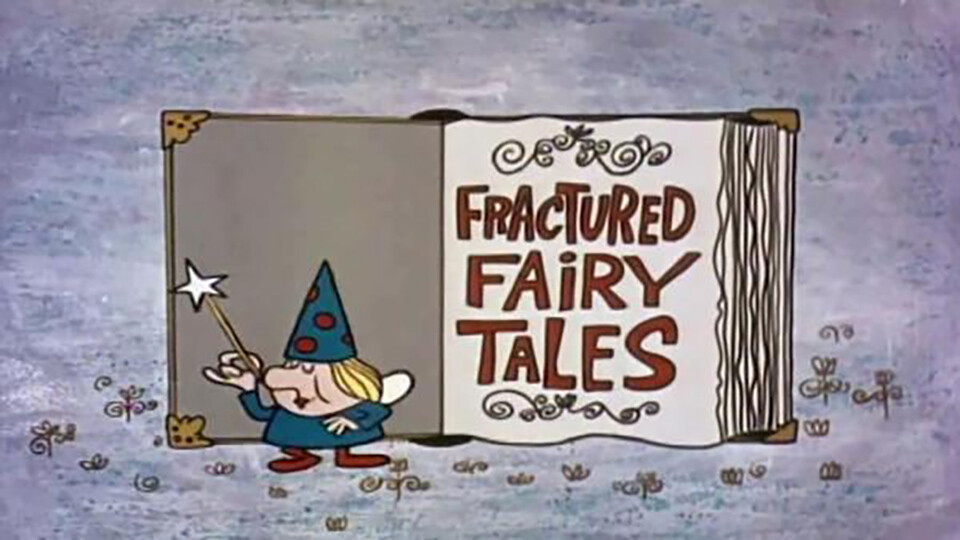
Fractured Fairy Tales
What happens when you take a classic fairy tale, mix up the storytelling elements, and throw in a little imagination and creativity? Students will review the basic elements of storytelling.

Tooned In to Animation
Experience the magic of animation and learn about the process behind one of television's most creative forms. Learn how the art form is created step-by-step. Students will watch a series of clips and have the chance to create their own flip books.

The Fine Art of Persuasion: Television and Advertising
What is advertising, what is its goal, and what are its methods? Through careful analysis, students will discover the persuasive techniques developed to capture a viewer's attention in order to promote a product or idea.
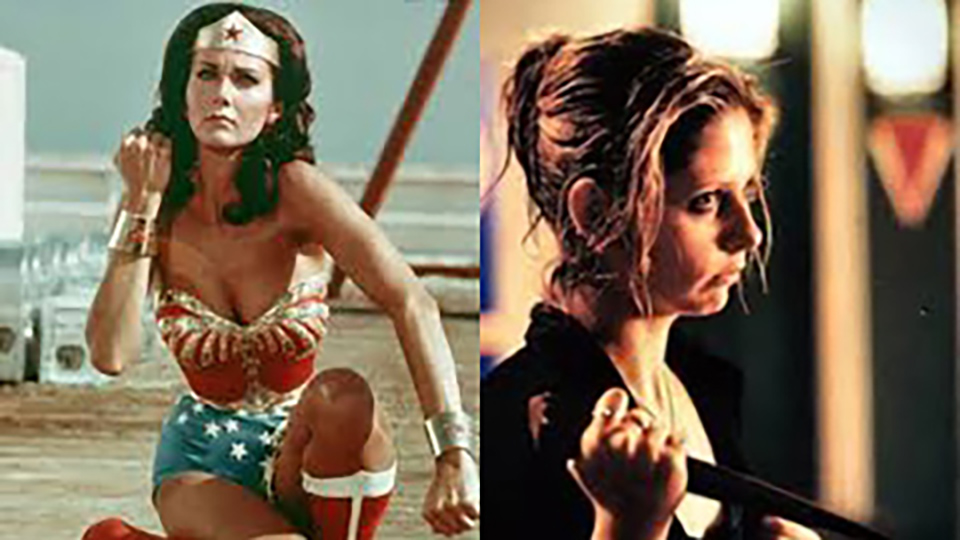
Portrayals of Women on Television
Students will examine how portrayals of women on television have evolved from the 1950s to the present. This class encourages participants to think about women they admire and to compare them to these fictional portrayals.
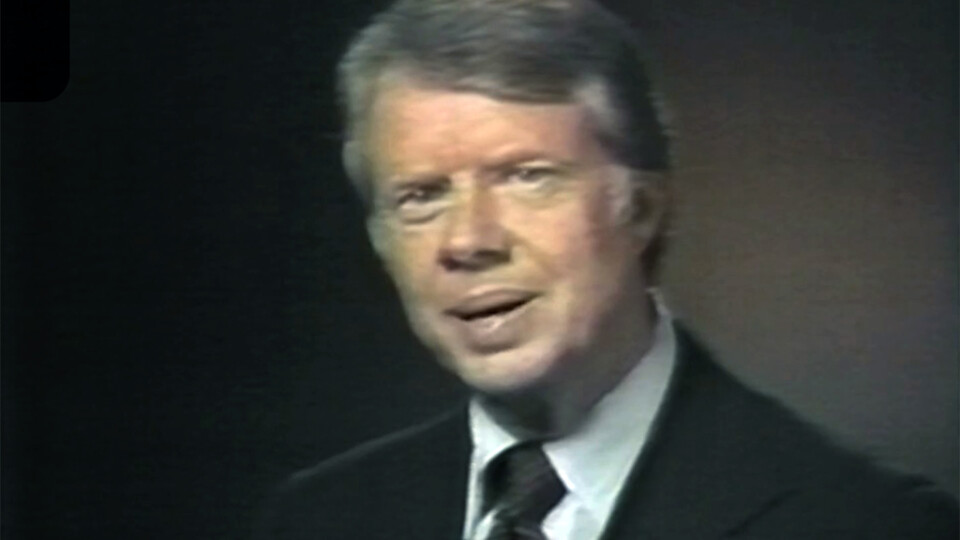
The Thirty-Second Candidate: Political Advertising on Television
View political advertisements from the past fifty years. Students will focus on techniques of political advertising, target audience and demographics, how advertising conveys leadership, and the role of policy in campaign ads.
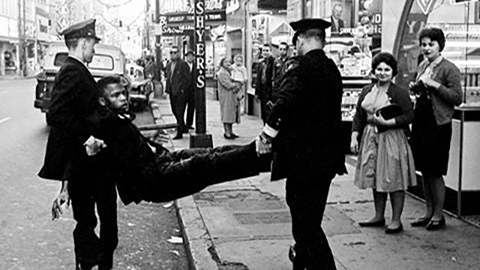
The Civil Rights Movement and Television
The rise of the Civil Rights Movement paralleled the growing use of television in the United States. Students will analyze clips from the Paley Archive to learn about the Civil Rights Movement.
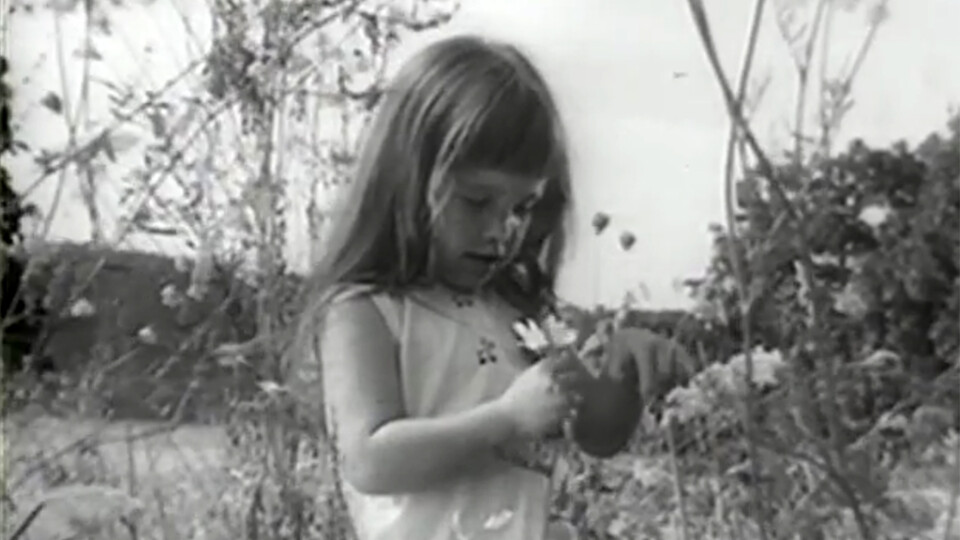
Red Scare: The Cold War & Television
During the 1950s, America was gripped with fear and anxiety about the possibilities of war and nuclear threat, and television reflected this paranoia. This class investigates the ways that television reflected and perpetuated fear and hysteria during the Cold War period.
Resources for Education@Home Learning
PDF: Home Media Recommendations: Social Studies/English Language Arts
An annotated guide for parents and teachers to help find educational programming, with an emphasis on Social Studies and English Language Arts learning standards.
PDF: Home Media Recommendations: STEM
An annotated guide for parents and teachers to help find educational programming, with an emphasis on STEM learning standards.
PDF: Online Research Tips & Best Practices
A quick guide for students to help them get started with online research projects.
Paley Education & Media Resource Guide
Consuming media with your kids is a perfect jumping-off point to making media literacy a part of your everyday lives.
Sign up for our biweekly Paley Education & Media Resource Guide, which is filled with recommendations, best practices, and resources for teachers and parents. Also, it offers "What We're Watching," two specific programs to watch based on age range, with related discussion questions and online activities for parents to engage their children.
You can enjoy a wealth of activities and programs to watch by looking at our past guides.
Robert M. Batscha University Series supported by Dick Wolf
Available to colleges and universities throughout the United States, this series features executives, writers, directors, producers, and actors from all aspects of media, as well as the policymakers and analysts who influence the issues being discussed. You need to be credentialed for access.
Thank you
Funding for the Education Program has been generously provided by an endowment from:
- William Randolph Hearst Foundation
- Leo J. Hindery, Jr.
For additional support, the Paley Center wishes to thank:
- The Cornelia T. Bailey Foundation
- MetLife Foundation
- Michael Tuch Foundation
- NBCUniversal News Group
- Nielsen Foundation
- Select Equity Group Foundation
The Education Program is supported, in part, by public funds from the New York City Department of Cultural Affairs, in partnership with the New York City Council, and in part by an award from the National Endowment for the Arts.


